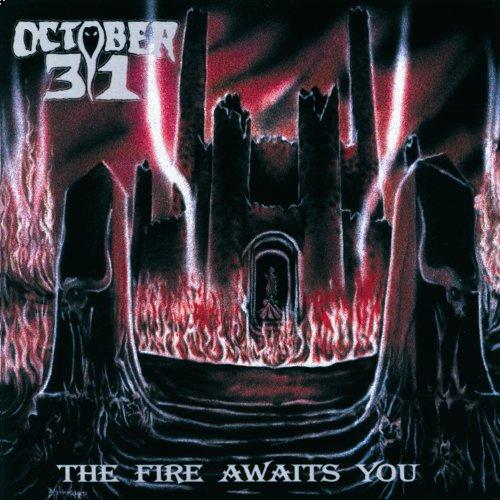
description
2Grinders: Baseball's Intrepid Infantry tells the tales of the game's unheralded foot soldiers who took the hard knocks road, bouncing between the Show and obscurity, never quite achieving their dreams, all for a chance to play the game they love. On a brutally humid summer night in 1960, a nine-year-old Mike Capps was sitting with his grandfather in the rickety, mosquito-infested Burnett Field across the Trinity River from the twinkling lights of the concrete and steel towers of downtown Dallas. When he glanced at his grandfather's scoresheet, something caught his attention. His grandfather had made check marks alongside names of six or seven players for both clubs. "I also want you to pay attention to the names I have checked here," his grandfather said. "These guys will travel back and forth between Dallas and Kansas City and Minneapolis and Boston all summer. You'll even see their names in the box scores. They aren't stars, but they are the engine that drives baseball's bus." "Drives baseball's bus, drives baseball's bus?" The comment buried itself in Capps' psyche for decades, and, sixty years later, formed the basic idea for this book. What his grandfather called baseball's "engine" we now call "grinders." The back-and-forth roller coaster ride between professional baseball's minor leagues and its nirvana, Major League Baseball, remains perplexingly difficult for a multitude of great players and their families. Players like Deacon Jones, Brian Mazone, and Lorenzo Bundy battled their way to a chance in the big leagues and hung on as long as they could. Some shared the love of the game with their sons, who became Grinders in their own right. Grinders fill every roster at every level, plugging away year after year. Without their grit, determination, and persistence, there would be no stars. These are their stories.
member goods
No member items were found under this heading.
listens & views

CONCERTO FOR CELLO
by SCHOECK / POLTERA / DRAKE / MALMO SYM / OLLILA
COMPACT DISCout of stock
$19.99
Return Policy
All sales are final
Shipping
No special shipping considerations available.
Shipping fees determined at checkout.






